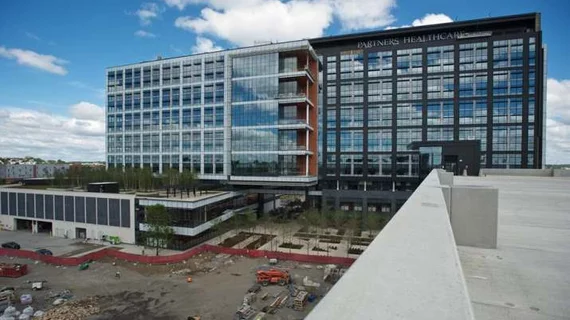Partners HealthCare talking merger with insurer Harvard Pilgrim
One of Massachusetts’ largest health insurers, Harvard Pilgrim, has been discussing a merger with the state’s dominant healthcare provider, Partners HealthCare, in a move that could dramatically alter the increasingly consolidated market in and around Boston.
According to the Boston Globe, Partners and Harvard Pilgrim have been talking for several months. At the same time Partners has been quite active in gaining scale, acquiring specialty hospital Massachusetts Eye and Ear earlier this year and working through a deal to acquire Rhode Island’s Care New England Health System.
“Partners HealthCare is constantly exploring new partnerships and relationships with other providers and insurers with the goal of improving the delivery of health care to patients both locally and around the world,” Partners spokesperson Rich Copp told the Globe. “Harvard Pilgrim is certainly among those organizations.”
Partners already has an insurance arm, Neighborhood Health Plan, which had been largely to blame for the system’s $108 million operational loss in 2016. Harvard Pilgrim itself has struggled financially in recent years, posting operating losses of $91.3 million in 2016 and $28.3 million last year, though the insurer said those didn’t trigger merger talks.
Adding Harvard Pilgrim’s 1.2 million members to Partners would likely attract the same kind of scrutiny as Partners’ past expansion plans, with an added wrinkle: Harvard Pilgrim was once run by current Massachusetts Gov. Charlie Baker.
Read more at the link below:

